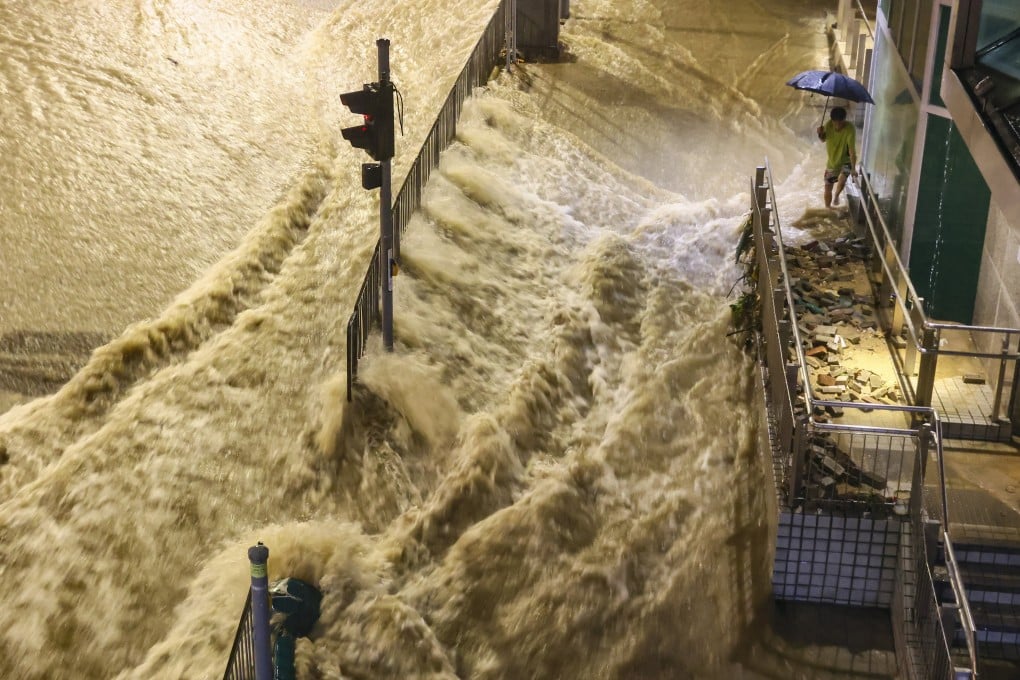Advertisement
Letters | Can Hong Kong afford a climate policy that is all over the place?
- Readers discuss the government’s inconsistent approach to sustainability, the need for transparency around property prices, and the danger of overdevelopment
Reading Time:3 minutes
Why you can trust SCMP
1

Feel strongly about these letters, or any other aspects of the news? Share your views by emailing us your Letter to the Editor at [email protected] or filling in this Google form. Submissions should not exceed 400 words, and must include your full name and address, plus a phone number for verification
Advertisement
From warm winters and heavier rainstorms to rising sea levels, climate change is increasingly affecting people’s everyday lives. Last September’s black rainstorm and subsequent flooding in Hong Kong prompted the government to articulate a plan for protecting the city from extreme weather.
With regard to sustainability, the government envisioned the waste-charging scheme, which would have required people to buy designated garbage bags and be charged for each bag of rubbish they throw away. Undeniably, the city’s excessive waste, with landfills set to soon reach full capacity, is a problem that must be tackled.
However, the scheme was met with scepticism and as some anticipated, it is now on hold indefinitely. It’s not necessarily true that people didn’t want to do their part though. Out of more than 1,000 Hong Kong residents surveyed by the research firm Standard Insights, 93 per cent were deeply concerned about sustainability; nearly 70 per cent of respondents were prepared to pay more for eco-friendly goods. This suggests the city is ready for a greener future.
Unfortunately, HK$1.15 billion (US$147.34 million) in taxpayers’ money has been spent on tenders for production of garbage bags, though whether the waste-charging scheme can yield the desired results remains to be seen. For now, the government is left with 170 million garbage bags, which it plans to hand out for free. It seems like things were done backwards, with the trial run for the scheme coming after big orders were placed.
Advertisement
What’s more infuriating is that the government has also launched monthly firework shows. Who came up with that genius idea? Fireworks release a host of atmospheric pollutants and are therefore detrimental to the environment. It is unclear what exactly the government is trying to achieve. Because if sustainability is the objective, surely all policies should be aligned to achieve that. The authorities should really stop shooting themselves in the foot and start taking a more consistent approach.

Advertisement